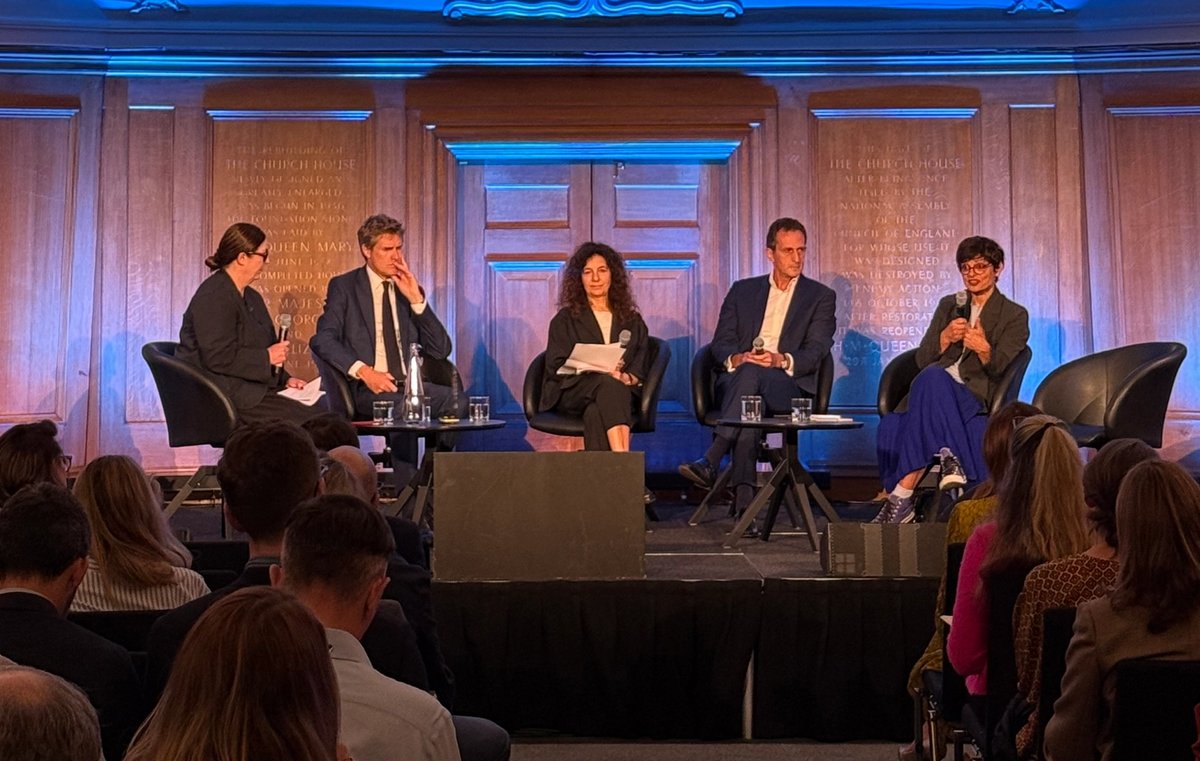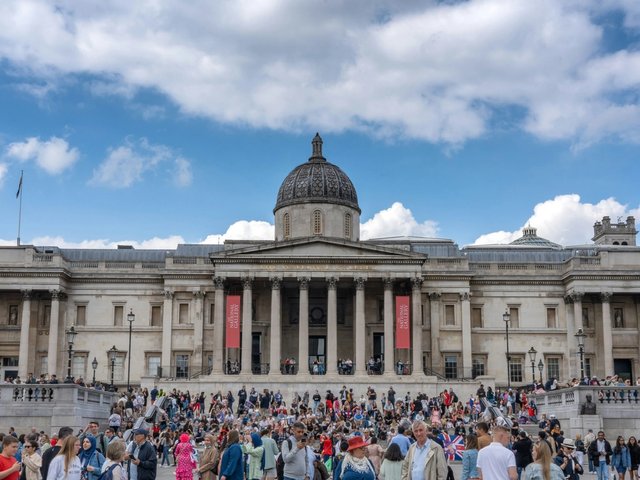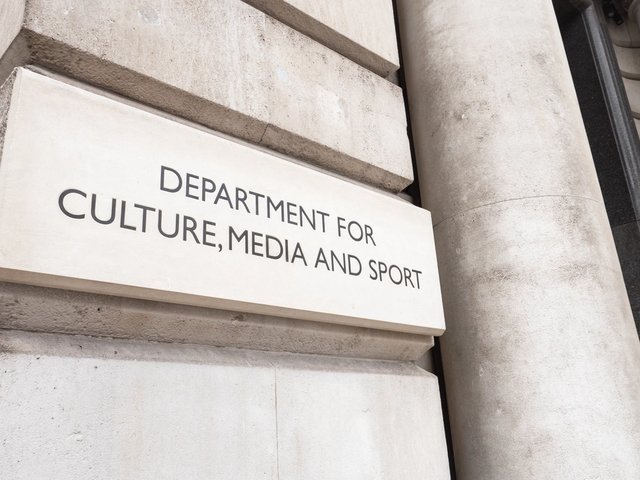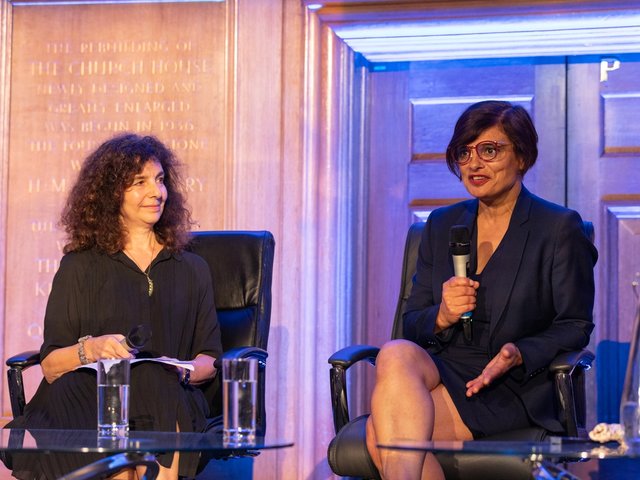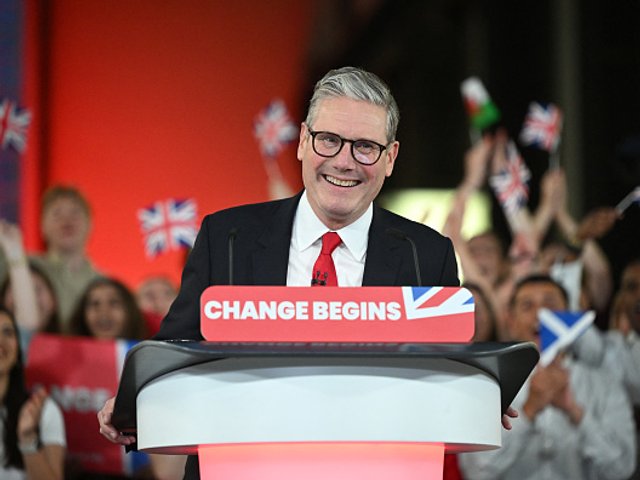The director of the Victoria and Albert Museum (V&A), Tristram Hunt, has urged the UK government to reverse the inheritance tax element of its policy on UK residents whose permanent home is outside of the UK, in a bid to bolster funding for the embattled arts sector.
The new rules, which came in to force in April this year, make the worldwide assets of all UK residents subject to inheritance tax at 40%, even if placed in trusts. Speaking at the Art Business Conference in London last week, Hunt said that a cumulative “crack down” on non-domiciled UK residents—commonly known as non-doms—across successive governments has led to a “flight of capital”.
“At the V&A, we're seeing wealthy individuals who we know would have supported capital projects in the past, no longer feeling able to. We're seeing, particularly in South Asian communities, the attractiveness of Dubai as a place between South Asia and Europe.
“I would urge the government to reverse the inheritance tax component of the non-dom policy because I think non-doms would be happy to pay more to be in the UK. But it's the inheritance tax component, which is really driving people away,” said Hunt.
A levy for the culture sector
The panel, titled “the future of cultural policy to drive economic impact for the UK”, also discussed the issue of a hotel levy. The scheme would see tourists pay a small percentage-based charge of around 3% to 5% on overnight stays, a move which could generate more than £1bn to support the UK’s cultural infrastructure.
“We're so passionate about it is [because] if four out of five tourists come to London for culture, then why are we not doing what every other major European entity global city does, which is to have a hotel levy that goes into the infrastructure to support the tourism,” said Hunt. “I think the hospitality sector need to work out if this is coming—it might not be this year, it might not be next year, but it's going to happen in the next five or ten years”.
On the topic of how the funds raised by a levy should be spent, Hunt added: “How do we crucially ensure that it doesn't go on supporting a four-day week for the RMT [The National Union of Rail, Maritime and Transport Workers]?” Another panellist, Simon Fox, the chief executive officer of Frieze, agreed it is important that any money be “appropriately used”. “It’s just sitting on a tree waiting to be plucked,” he said of the levy.
The panel's moderator, the arts journalist and The Art Newspaper's editor-at-large, Jane Morris, questioned if such a fund would be ring fenced for culture though or spent on other services. In response, panelist Alison Cole, the director of the Cultural Policy Unit think tank, said: “We have this virtuous circle argument. If the tourists come here, they benefit every part of the economy.
“But if they mainly come for culture, then you want the money to go back into the cultural infrastructure that's straining under the weight and also into placemaking.”
Art on the curriculum
The panel also raised serious concerns about the lack of progress made in getting art and design back on to the UK curriculum. According to recent research conducted for Arts and Minds by WeThink/Omnisis, participation in arts subjects at GCSE level has fallen by 42% over the last 15 years.
Referring to an exam sat in place of GCSEs by many UK students aged 16, which does not include arts subjects, Hunt said: “I'm not against the EBACC as I think there are progressive elements to it… everyone should have the right to scholarly rich, fulfilling educations but not at the cost of the creative and the performative. And that's what's been lost.
“So we were hoping I think for [art] to be put back on and not just have afterschool clubs and breakfast clubs. Those are important in and of themselves, but it needs to be in the curriculum—head teachers need to be judged by it and then they will respond accordingly.”
Culture in the economy
The panel also discussed the recent UK government reshuffle which saw Ian Murray, the former Scottish Secretary, replace Chris Bryant as minister at the UK Department for Culture, Media and Sport (DCMS). The former foreign secretary David Lammy, also the head of the Soft Power Council established earlier this year with the goal of boosting Britain globally and driving economic growth, was made deputy prime minister.
Hunt said: “I hope the new foreign secretary, Yvette Cooper, keeps the momentum up because the worst thing in the world is just having a change of Secretary of State and then suddenly all the work, which a lot of us have put in, is dropped.”
The former shadow culture secretary, Thangam Debbonaire, also underlined why championing the arts is essential in this turbulent geo-political period. “We just have to get over that actually arts and culture are part of the economy. The government does recognise the value of the commercial creative industries explicitly in its industrial strategy,” she said.
Fox meanwhile praised the South Korean government for supporting the recent edition of Frieze Seoul. “Art is an integral part of the curriculum [there],” he said.
“We were visited by the mayor, by the culture minister. We feel embraced by the government and the ecosystem. That is a marked contrast to how we feel in London after 20 years.”
Asked if it would be good to see the UK Prime Minister Keir Starmer or even royalty at Frieze London, Fox said: “It would be nice to see the culture minister.”


